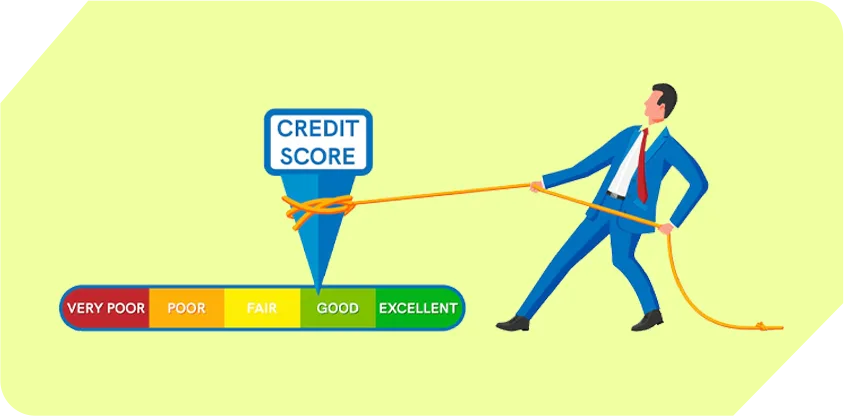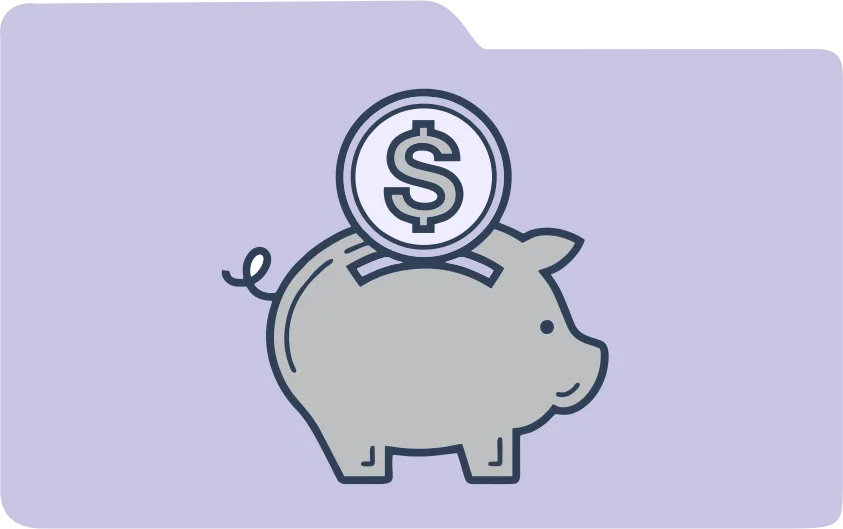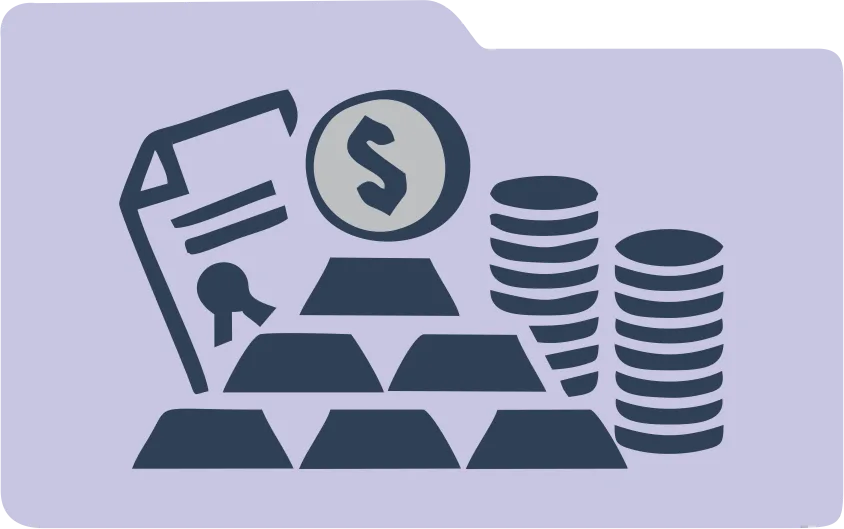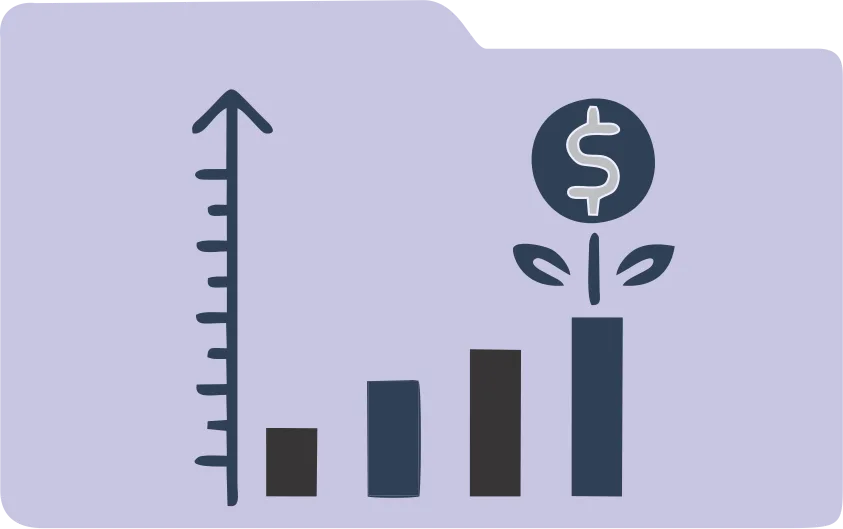Before we start giving you the 7 Wonderful Income Streams That Make You Build Wealth Faster, we want to give you a little introduction to income itself and how it works, so you can understand and start looking at multiple sources of income and build your wealth faster. .
What are the types of income?
Income is money coming into your pocket. The most common is usually known as salary or pension, in the case of retirees; However, there are other incomes that are not heard very often, such as rental income, investment interest, commissions, bonuses, royalties, among others, and these incomes are divided into two groups: Active Income and Passive Income.
Active Income and Passive Income
There are two Income Groups and these are active and passive. Active Income is when you receive compensation when you do work or provide a service, whether physical or intellectual, and someone or a business pays you for it. In other simpler words, there is a direct connection between the work you do and the pay you receive.
On the contrary, Passive Income is when the income is not directly related to the work that is done. Do not be fooled. Even though it says passive income, it still takes work to generate the income, it doesn’t come for free. In general, the work required for a passive income is done at the beginning and the income comes later. An excellent example of this income would be the author of a book, who receives income from a book that he published 10 years ago. The job at the beginning is to write the book and of course publish it and then promote it. Passive income comes later, even when all the work is done, the author continues to receive income over time every time a book is sold. It’s passive, as people can purchase the book even when the author is asleep or on vacation, or perhaps working on a new book.
Why do different types of income matter?
Knowing the difference between the different types of income is more important than you think, if you are on the path to Hoarding Wealth and building better financial stability.
There are different ways to make money and understanding how each one works with its advantages and disadvantages can help you increase your overall income and achieve your goals.
Each type of income is usually taxed differently, so you could essentially keep more of your money by making the most of it. The more money you can keep, the more you can continue to grow your wealth and reach your goals.
Understanding the different types of income will help you create a diversified overall income. In other words, knowing the types of income you can start to generate different streams of income effectively.
What are income streams?
Income streams are the various sources from which a person earns money. Either for your employment or the provision of services or for your passive income. These sources of income add up and form your general income, they can be forms of recurring or sporadic income or a mixture of both.
Without an income stream, your plan toward financial independence or wealth accumulation is at risk of failing. Many people have only one stream of income, such as salary from their job, but having multiple streams of income is a good way to protect your finances, since the loss of one of your incomes will not affect you as much as the one with a single income. Different sources of income or income streams, can give you stability and the opportunity to grow your wealth.
7 Income Stream to solidify your finances
You already know what the income streams are, but now we will show you which are the 7 sources of income that you should pursue on your way to the accumulation of wealth.
- Earned Income
- Profit Income
- Interest Income
- Dividend Income
- Rental Income
- Capital Gains Income
- Royalty Income
Earned Income
This is an active type of income stream, where your time and knowledge are exchanged for money. Earned income is usually your main stream of income through a job. Most of us start here, and for many it is the only source of income they know for their entire lives.
It is usually earned by working in a company at a fixed rate or salary, either hourly, biweekly, or monthly. The biggest disadvantage of earned income is that you will have to trade your time for money. In order to receive your money each week, you will have to work the required hours.
But not everything is a disadvantage, being in an active employment situation supposes a stable income with which you can make medium-term plans, it is easy to start since to have a job, you do not need an initial investment, you can also take advantage of some pension plans where the employer matches your contributions, and let’s not forget paid vacations.
Having a job is not as bad as some financial and financial freedom gurus make it out, let alone when you are young and inexperienced. The bad thing is not to educate yourself financially and stay with a single source of income.
Some examples of earned income are:
- Work by the hour in a company or the state.
- Practice a profession on your own (Lawyers, Doctors, Trainers, Among others).
- Freelancing/consulting for clients or companies.
- Work for intellectual or creative services.
Profit Income
Profit Income or commercial income, is a type of active income and is materialized by obtaining a profit in Buy-Sell transactions of products or services, that is, Profit Income is the difference between selling a service or product for more than what they cost you
This source of income can be primary or secondary depending on the volume in which it is developed, you can have a physical or online store that sells retail or wholesale items, it can even be a hobby-type commercial activity that you do in your free time.
Selling products or offering professional services and charging for your time, or a combination of both, and earning a profit margin, this is called Profit Income or commercial income. The main difference between this and earned income is that with profit income, you will be making money for each transaction and not for your time.
Some examples of earned income are:
- Work at your own company.
- Sale of products or services over the Internet.
- Being an independent contractor.
- Work on your own.
- Wholesale purchase – Retail sale
- Interest Income
Interest income
Interest income is a type of passive income, and is the result of the money that enters your pocket from the interest charged on certain bank accounts or by lending money with interest to another person or business.
In other words, it is the amount of money that a person, business or institution pays you to make use of your funds, and it is more common than you think, many people collect compound interest through non-equity lending vehicles like high-yield savings accounts, CDs, bonds and by issuing loans to investors, businesses, people and organizations, which you can do through peer-to-peer lending.
In most cases, the interest earned by the individual or an organization must be reported in the income statement under Income from Operations or Other Income. The Internal Revenue System (IRS) has mandated that this interest be reported as taxable income.
Some examples of Interest Income are:
- Collection of interest on Certificates of Deposit
- Collection of personal loans with interest
- Collection of commercial loans with interest
- Collection of State Bonds
Dividend income
When you buy shares in a company, you become a co-owner of that company and are entitled to dividend payments. This stream income is a type of passive income, and it is what you get by collecting part of the profits of a company of which you are a shareholder.
Investing in stocks that pay dividends is considered to be a strategic way to make a reliable and good source of regular income to build wealth. Besides, it also preserves the purchasing power of capital, especially at a time when inflation is running above 6-7%.
Five of the primary reasons why dividends matter for investors include the fact they substantially increase stock investing profits, provide an extra metric for fundamental analysis, reduce overall portfolio risk, offer tax advantages, and help to preserve the purchasing power of capital.
A dividend is a reward given to shareholders who have invested in a company’s equity, usually originating from the company’s net profits. Companies keep most profits as retained earnings, representing money to be used for ongoing and future business activities. However, companies can, when they do make a profit, can distribute part of it to shareholders by either repurchasing shares to reduce the outstanding share count or by paying it out through dividends, which can be in cash, stock, or a combination of both. In this way you would be receiving dividend income.
Some examples of dividend income are:
- Earn profits on one or more shares that you bought from a company.
- Obtain profits on shares within a retirement plan.
Rental income
It can be said that rental income is a type of passive income, since, after buying and conditioning the property, you would be receiving rental income on a regular basis without taking up your time. Rental income is any payment you receive for the use or occupancy of your property, whether commercial or residential. Rental expenses for a property can be deducted from your gross rental income, which is an advantage when filing taxes. Generally, you deduct your rent in the year you pay it. As a landlord, you pay taxes on your net rental income, which means your total income minus allowable expenses.
Successful real estate investors can definitely make money from rental properties, but it takes time and a lot of money to start investing in property to get rich through rental properties. While it may not happen overnight, you do need to be patient and not get frustrated to start making money from rental properties.
A rental property should generate monthly income, even if it’s just a few dollars at first. If you can earn even a few hundred dollars a month, once you’ve paid all expenses, including taxes, and contributed to a reserve fund for emergency expenses, a rental property can provide you with a reliable return over time.
Do the math to make sure the property you’re considering is right for you. It is important that you consult a financial advisor with knowledge in the area. Assuming the property is profitable, having that cash flow offers you the opportunity to buy more of the same type of asset, buy more real estate, or buy other types of assets, all of which continue to build wealth.
A rental property can be a smart investment, to diversify your income stream, if you can afford it. Start exploring your options to determine if this is a good option for you.
Some examples of Rental Income are:
- A property that you own and rent to tenants for 15 days or more each year.
- Payments for canceling a lease
- Expenses paid by your tenant
- Advance rent payments
Capital Gains Income
This type of income is considered active, since it materializes with an action, in this case the sale of an investment. Capital gains are the profits that are realized by selling an investment, such as stocks, bonds, real estate, a parcel of land, or a work of art.
Even though it is very similar to profit income, capital gains income differs by the nature of the investment and that is why it is also treated differently in the way it is taxed. Capital income is income that comes from capital, which is to say, comes from wealth itself, rather than any specific production or direct work.
A capital gain is realized when a capital asset is sold or exchanged at a price higher than its basis. If you hold an investment for more than a year before selling, your profit is considered a long-term gain and is taxed at a lower rate, and investments held for less than a year are taxed at the higher as short-term capital gain rate .
The way in which this source of income helps you increase your wealth is the advantage that you can take by paying less tax for these operations and thus saving thousands of dollars to continue this increase in assets.
Some examples of Capital Gains are:
- Selling a house at a higher price than it was purchased with.
- Selling a personal vehicle.
- Selling shares at a higher price than the purchase price.
- Selling a collectible item at a higher price than the purchase price
Royalty income
This source of income is the type of passive income par excellence, and is by definition, any payment you receive from a third party for the use, distribution or exploitation of one or more of your intellectual assets, that is, royalties are a mandatory payment. that a third party does to you for the right to use or exploit the intellectual creation of your property.
Royalty income includes any payment you receive from a patent, copyright, or natural resource you own. These payments occur when another person is profiting from something you’ve created with your permission.
Third parties pay authors, music artists, and production professionals for the use of their copyrighted material. Satellite television companies provide royalty payments to broadcast the most-watched stations across the country. In the oil and gas sectors, companies grant royalties to landowners for permission to extract natural resources from landowners or government-covered property.
Royalties are all taxable as ordinary income, and the Internal Revenue Service (IRS) requires you to report them in Part I of Schedule E on Form 1040 or 1040-SR. They tax royalty income differently than other forms of income and depend on a variety of factors.
The way in which this stream income can contribute enormously to your accumulation of wealth is that by allowing a third party to use the rights you own, over ideas, products, processes or trademarks, you can exponentially expand your accumulation of wealth even as you sleep.
Some examples of Royalty income are:
- Payments received by musicians when their original songs are played on the radio or television.
- Payments for the use of patents, trademarks and copyrighted materials.
- Paid out to an author for books sales.
- Payments for the use of a registered trademark.
Having several sources of income means that you not only have to depend on your main job to ensure a better quality of life, it is to look for other ways to generate money that complement your main income. Surely more than once you have heard the phrase “don’t put all your eggs in one basket”. This means that you should not focus all your efforts on one activity.
By having several sources of income, you are expanding the possibilities of earning more money and reaching your proposed goals. Diversifying your sources of income will also allow you to protect yourself from changes or economic cycles that occur in the markets.
On the other hand, with an additional income you will also be able to make better financial decisions, and opt for more efficient investments that allow you to continue accumulating wealth, for a life of independence and with more free time.
Leave us in the comments what you think of these types of income and tell us how many of these you have.















